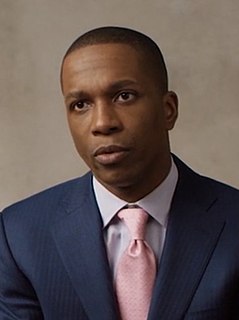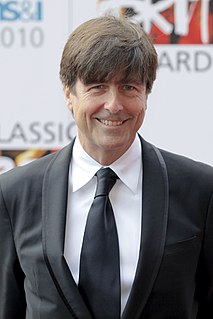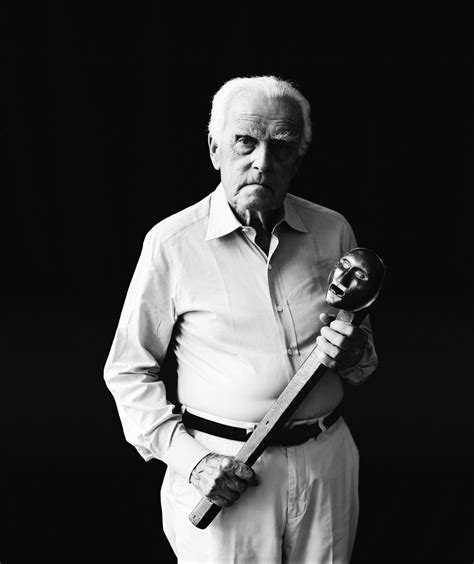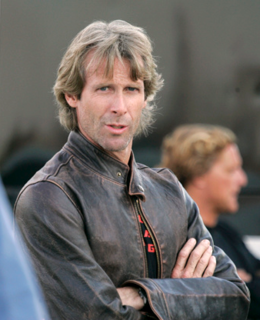A Quote by Peter Jackson
I've always tried to make movies that pull the audience out of their seats... I want audiences to be transported.
Related Quotes
If you address yourself to an audience, you accept at the outset the basic premises that unite the audience. You put on the audience, repeating cliches familiar to it. But artists don't address themselves to audiences; they create audiences. The artist talks to himself out loud. If what he has to say is significant, others hear & are affected.
One thing we haven't mentioned is something everyone should understand very clearly. Look at the budget that was invested in 'Avatar': who in China has that kind of money to spend on making a movie? So we as Chinese filmmakers should work together to make Chinese movies that can compete as best we can for Chinese audiences, not make lousy movies, but make the best we can for that audience. Concentrate the money, the talent we have on making good movies [for China].
I thought 'The Artist' was a perfect way to find a good balance. The artistic challenge is obvious because the film is black-and-white and its silent, but I did my best to make the movie accessible and easy to watch. I really don't want to make elitist movies. I really try hard to work for the audience. Audiences are smart. They get everything.
In the '50s, audiences accepted a level of artifice that the audiences in 1966 would chuckle at. And the audiences of 1978 would chuckle at what the audience of 1966 said was okay, too. The trick is to try to be way ahead of that curve, so they're not chuckling at your movies 20 years down the line.
You want to know about a certain period and what happened?-You go into this building and all of a sudden you are transported! You're not just shown pictures, not even 3-D pictures, not even movies, but suddenly you are transported live by a time machine to that very time, that very age and you see it happen, you watch it happen, you hear it happen, you feel it happen! Think of it! Not only the movies but the 'feelies'! You are there!
I test the movies a lot, and if the audience says they love the movie, we know we're on the right track. And if they tell me they hate it, I try to figure out what I've done wrong. But every time out, the audience wants me to go deeper, they want to know more about the characters, and they don't want these movies to be shallow. So they really urge me to tell them a complicated story, and then when I do so, they're thrilled




































